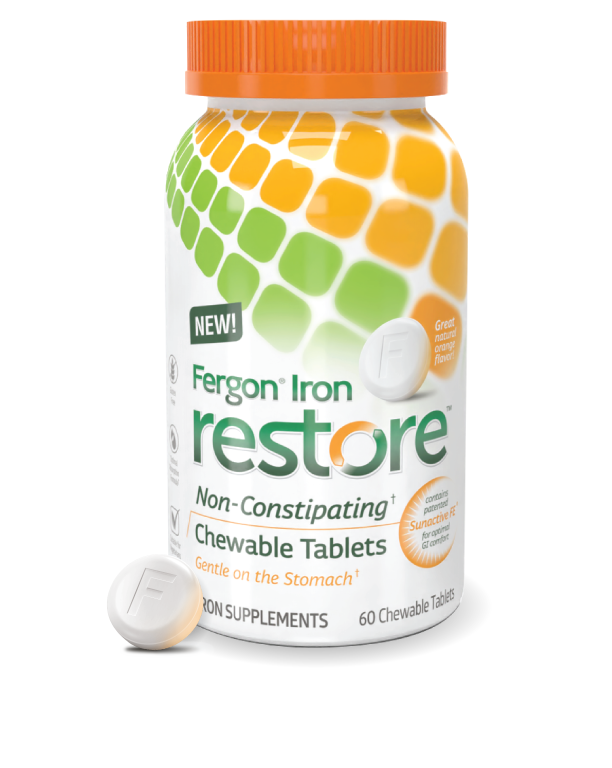It can be very difficult to determine what is causing fatigue or pain in the body, and some medical tests are more effective than others in solving these mysteries. One test that’s worth learning more about is the total iron binding capacity (TIBC) test that determines levels of iron in a person’s bloodstream.
Therefore, this article will discuss what a TIBC test is, what the test involves, and its risks and benefits. It will also define the TIBC normal range and what it means if a person has a low or high iron binding capacity. This information should help individuals decide whether undergoing a TIBC test is the right decision to make.
What Is TIBC?
Total iron binding capacity is a measurement of how well the body is retaining iron in the bloodstream and how well the protein of transferrin is carrying iron through the blood. This is a useful test for many people because it can determine whether someone needs to consume more iron through food or add iron supplements to the diet. The test is often conducted after a doctor suspects that a medical condition is causing iron levels to be higher or lower than normal or if the symptoms of iron deficiency are present.
Testing for TIBC
TIBC testing requires a simple blood test, with blood typically drawn from the hand or inside the elbow. Once removing a blood sample, medical professionals will send the sample to a lab to be analyzed.
Risks of the TIBC Test
TIBC testing is generally safe and a routine procedure that most people should not be worried about. But just as with any type of blood test, certain risks are possible. For example, an individual may feel light-headed or faint after having blood drawn. It is also possible for a person to lose more blood than expected during a blood test or develop an infection where the needle was placed.
TIBC Normal Range
The standard TIBC normal range for test results is between 240 and 450 micrograms per deciliter. A high iron binding capacity means that the body’s iron supplies are low, such as in a person with iron deficiency. A TIBC test result that is lower than normal may indicate malnutrition, inflammation, hypoproteinemia, or liver disease. Discuss TIBC test results in details with a doctor to determine what the next steps and treatment recommendations should be based upon iron levels that are causing symptoms.
How to Prepare for a TIBC Test
If a doctor recommends a TIBC test, there are a few things that should be done to prepare for the test in advance. It is best for a person to fast for at least eight hours before the test is performed to yield the most accurate results. Since certain medications can affect TIBC test results, such as birth control pills and the adrenocorticotropic hormone, patients should advise their doctors of all medications taken when discussing possible TIBC testing.

